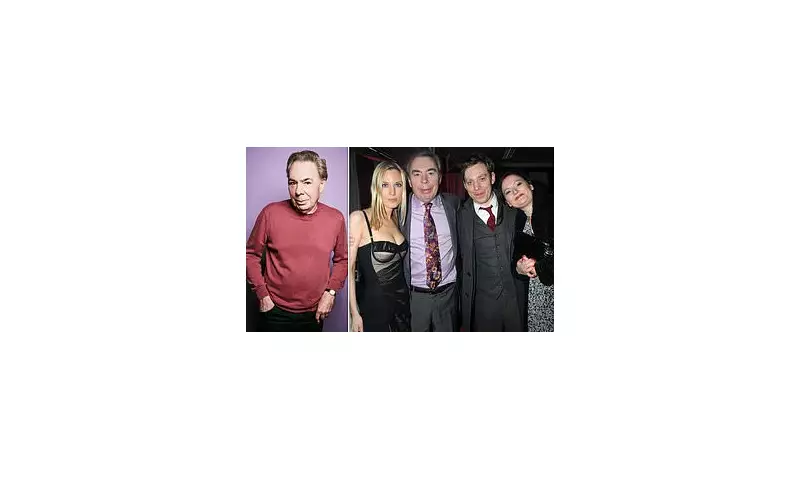
In a surprising revelation that highlights a down-to-earth approach to wealth, the son of legendary composer Andrew Lloyd Webber once sold a pair of trainers on eBay to help pay for his first car.
A Lesson in Financial Independence
The anecdote was shared by Ben Forster, a star of Webber's musical Jesus Christ Superstar. Forster recalled dining with one of Andrew's children, who was discreetly using his phone under the table. "I thought [he was checking the] football, and he said, 'No, I've just sold a pair of trainers on eBay because I'm saving up for my first car'," Forster recounted. He expressed his astonishment, noting the stark contrast between the teenager's frugal saving and his father's estimated £500 million fortune.
This incident underscores the values Andrew Lloyd Webber, 77, appears to have instilled in his five children from an early age. Despite his immense success with hit musicals like The Phantom of the Opera, Cats, and Joseph And The Amazing Technicolor Dreamcoat, his offspring were taught the importance of financial self-reliance.
The Lloyd Webber Family
Andrew Lloyd Webber has five children. His eldest, Imogen and Nicholas, were from his first marriage to Sarah Hugill. Alastair, William, and Isabella are from his third and current marriage to Madeleine Gurdon, whom he wed in 1991 after meeting through mutual theatre friends.
Tragically, the family suffered a profound loss in 2023 when Nicholas Lloyd Webber died at the age of 43 after a long battle with gastric cancer and pneumonia. Andrew released a heartfelt statement at the time, saying, "I am shattered to have to announce that my beloved elder son Nick died a few hours ago." He later revealed that King Charles had sent his condolences, not with flowers, but with bulbs that could be planted, a gesture the composer found particularly touching.
Values Beyond the Stage
Andrew's commitment to grounded principles extends beyond his family life into his professional ethos. He has been a vocal critic of dynamic pricing for theatre tickets, which he labels as "racketeering." He firmly believes that theatres should not be in the business of pushing prices up and has stated, "I don't like making theatre inaccessible."
This philosophy of accessibility and value seems to be a cornerstone of his life, both in the spotlight and at home, proving that even amidst staggering wealth, the most important lessons are often about hard work and personal responsibility.





